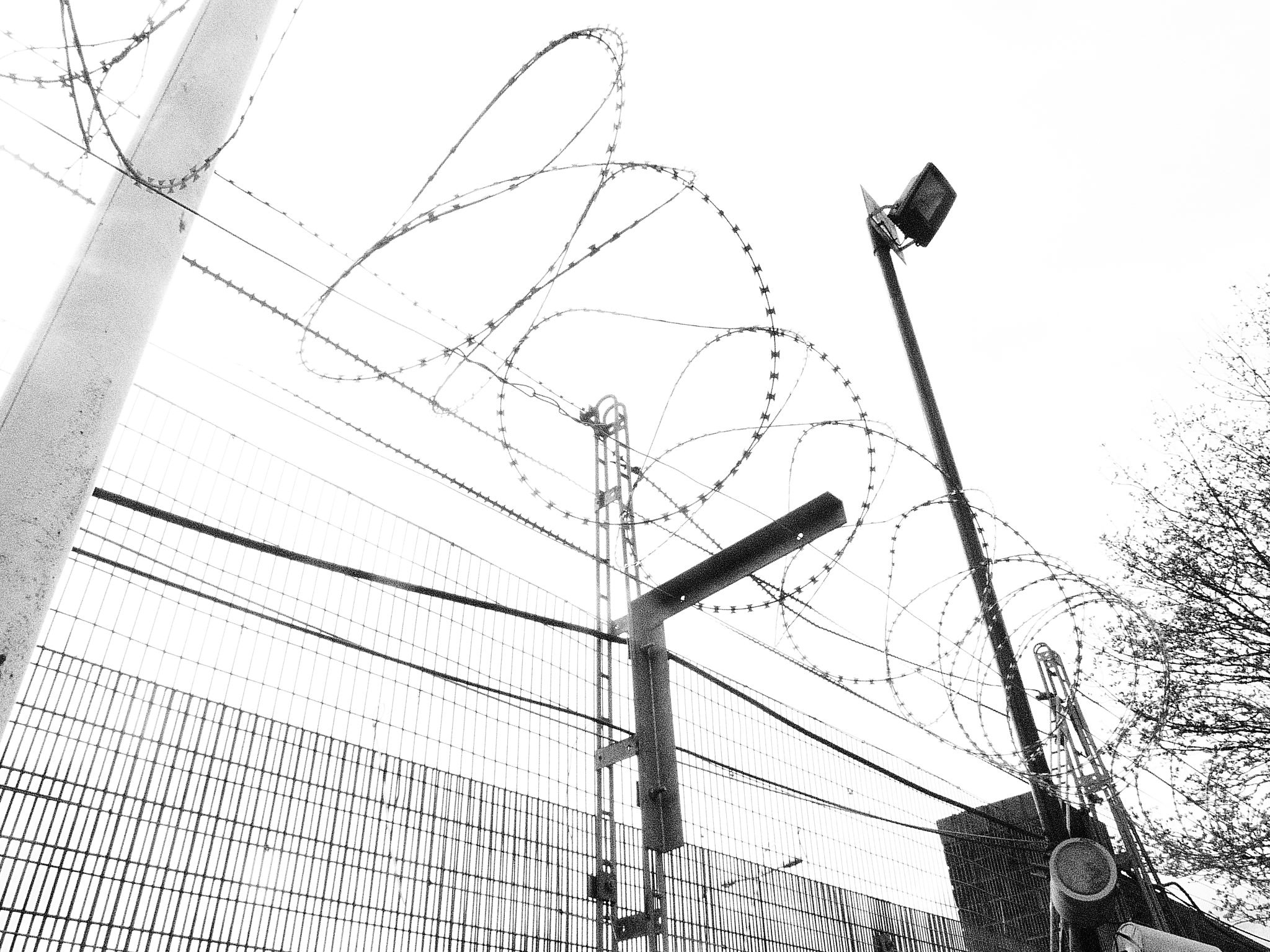A series of failings contributed to the death of a prisoner with serious mental health issues at HMP Norwich. David Sparrow, a 36 year old found hanging in his cell on June 4 2019 after being recalled a few weeks earlier, had a long history of serious mental health disorders, including diagnoses of psychosis and personality disorder.
The prisoner felt under threat because other prisoners thought he was a ‘sex offender’ despite this not being the case. There was no evidence of such threats and this was understood to be paranoia and a symptom of his schizophrenia. The inquest heard that the probation officers had contacted prison officers with this information on two separate occasions, however, it was not passed on. The prisoner had been an inpatient in a mental health hospital and had been under the care of a mental health team prior to being recalled.
David Sparrow’s serious mental health problems were missed by the prison mental health clinical team leader and so he was not brought under the care of the mental health team in the prison. His behaviour and state deteriorated which prompted his partner to call the prison 18 times over the two weeks prior to his death to express her concerns – of these calls, she only spoke to a prison officer on two occasions and only two of the calls were logged. There had been clear evidence brought up in the inquest that he had not been administered with his anti-psychotic medication – a nurse in the inquest said that if he had been part of the mental health team’s casework, missed medication would have been flagged.
On 4 June, David Sparrow was put under suicide and self-harm monitoring processes (ACCT) after he had self-harmed. However, in that evening, during an ACCT check, the night staff saw that his observation panel was blocked, and he did not respond from behind the door. The protocol in the prison policy states that officers should enter cell as soon as possible when an observation panel is blocked, particularly if the prisoner is on an ACCT. However, there was a 30-minute delay before any staff entered his cell – when they did enter, they discovered him hanging. He died the following day.
‘Had he been properly cared for, it seems that he would still be here with us,’ commented David’s partner and family said in a statement. ‘The failings of prison and healthcare staff were clear during the inquest… . We hope that changes will be now made because we would not wish what we have gone through to happen to any other family.’
Aston Luff, a solicitor at Hodge Jones and Allen who represented the family, said the prison ‘had all the information they needed to recognise his vulnerability and care for him appropriately and yet his needs were missed over and over again’.







